16.05.2022/XNUMX/XNUMX / Tips & things worth knowing
Education in Africa | Current situation in the sub-Saharan region
Education is the most powerful weapon that you can use to change the world. " Nelson Mandela
Since independence, many African states have sought to reform their education system. Due to the increase in international development cooperation and the United Nations Millennium Development Goals (2000 to 2015) the educational situation was improved, especially after the turn of the millennium.
Such are the Enrollment rates have increased and gender inequality could be reduced somewhat. Still that is educational situationespecially in West and Central Africa, still problematic, Only about 56% of the children of the sub-Saharan states (49 of the 54 African states) complete the elementary school successfully.
To the Development Goal #4 ("Quality Education") of the current Sustainable Development Goals (2015) of the United Nations, by 2030 for all people "iInclusive, equitable and quality education and to ensure opportunities for lifelong learning“There is still a lot to be done! We at Rainbow Garden Village would like to do this together with you Volunteer abroad contribute!
Most widely used school system in Africa:
- Primary School (Elementary school): 6 years
- Junior Secondary School (secondary school): 3 years (completes with the Basic Education Certificate Examination)
- Senior Secondary School / Senior High School (Preparation for University): 2-3 years
- Higher education (Universities, colleges)
There are private and state schools in Africa, in some countries also Koran schools. There are usually major qualitative differences between state and private schools. Schooling begins in the Kindergartens and preschoolswhere knowledge is taught to children on a simple level.
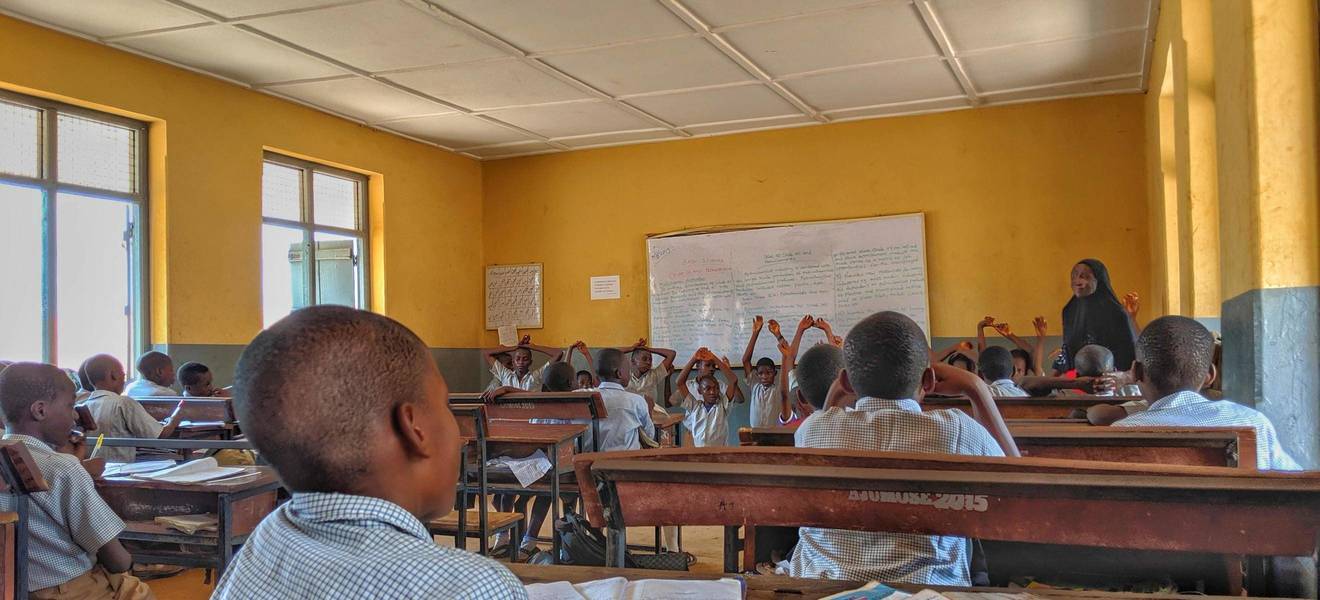
Challenges in the African education system
In sub-Saharan Africa, more than a fifth of children aged 6 to 11 and a third of young people aged 12 to 14 are unable to attend school. Among young people between the ages of 15 and 17 it is even 60% (as of 2022). The reasons for this are numerous:
1. poverty
The greatest challenge is poverty. Many families cannot afford school uniforms, books and teaching materials. Orphans are particularly affected. In financially weak families, the children often have to contribute to the livelihood.
2. Unequal role distribution of the sexes
School children often have to look after their younger siblings, leaving no time for school visits. Girls are particularly affected due to the traditional allocation of roles. They are also often married early.
Statistics illiteracy / illiterate rate
| Country | male | female |
| Ghana | 22% | 35% |
| Namibia | 26% | 22% |
| South Africa | 6% | 8% |
| Tanzania | 25% | 39% |
| Uganda | 17% | 35% |
| Togo | 26% | 52% |
3. Schools and teacher shortage
Especially in the rural regions, but also in the so-called townships (e.g. in South Africa) there is a lack of schools, so that the students have to put up with a long and sometimes dangerous way to school and therefore often do not walk it. The school buildings are also often poorly equipped, sometimes there is no electricity and sometimes the lessons have to be done outdoors. In recent years, for example, this problem has been addressed in Ghana counteracted this with the construction of many schools through aid projects. But there is a lack of teachers. The teaching profession is due to the often unreasonable working conditions unattractive.
Illiteracy is supported by:
- Too few schools in rural areas
- Too little budget for school equipment
- Insufficiently trained teachers
- Poverty and work in childhood
4. instructional design
The lesson design is made more difficult due to lack of funds. Playful teaching methods are only slowly finding their way into everyday school life. As a rule, the lesson is held frontally. Some educational methods also seem outdated.
Cane as an educational measure
In some of our target countries (eg Ghana, Tanzania, Uganda or Togo) the cane is still used today as an educational measure. Of course, we at Rainbow Garden Village do not support this practice - But on the contrary! Still, we have to accept this fact as a cultural difference to some extent. If you, as an RGV Volunteer, observe a situation where a student is being caned, try to be sensitive about it. Never criticize the teacher directly or even openly in front of the class - this is completely counterproductive and can even make the situation worse for the students. You can show your displeasure with your facial expression or by leaving the room. But you should leave it at that.
5. Foreign language as language of instruction
In many countries, the culturally conditioned linguistic diversity an obstacle, which is why the Language of instruction mostly English or French (eg in Togo) is. With this foreign language, many children come into contact for the first time in elementary school - a great challenge!
6. Early school leaving
In addition, many children drop out of school prematurely. The majority of them are Girls, For example, they have to give up their education in favor of their brother or because of marriage, pregnancy or lack of sanitary facilities. Another problem is the spread of HIV / AIDS. Many children need theirs caring for sick parents or become orphans.
The consequences of the educational situation
The consequences of the lack of education in Africa are extreme poverty and high unemployment, Malnutrition and diseases due to lack of education.
Why is it necessary to promote education in Africa?
Education is the Key to get out of the poverty spiral, Only with education do children have one later Opportunity on the job market and real prospects for the future, On top of that, in schools too vital education lesson about hygiene, HIV / AIDS prevention measures and balanced nutrition.
A major investment in education in Africa can have far-reaching consequences for the economy Development of the country to have. Statistically, educated girls have fewer children later in adulthood. In the long term, this will lead to a slowdown in population growth.
In addition, education helps to reduce the spread of diseases and greatly reduces child mortality. Also, education contributes to Promotion of equal rights from girls and boys. This may entail greater involvement of women in economic and political decision-making and give them new choices and opportunities to act as well more self-determination open.
Why volunteer?
As a Volunteer at a school in Africa you can with your commitment to Improvement of the educational situation contribute. With an aid project in Africa, you relieve the local teachers so that the quality of teaching increases. In addition, you can become one in the long term with your own suggestions more varied and interactive lessons beitragen.
>> You can find more reasons here, why you the Volunteering in Africa you should put on your bucket list.
More projects that interest you could
Have you not yet discovered a suitable program for your time abroad? No problem, we will present you more Volunteer projects abroadthat might pique your interest.
Are you perhaps still at the beginning of thinking about your trip and have no idea what might be right for you? Whether you want to go abroad as a volunteer for a short time, or if you prefer FSJ up to 12 months abroad afford? Maybe there is one Internship abroad in a specific subject area the best way for you to gain experience abroad?
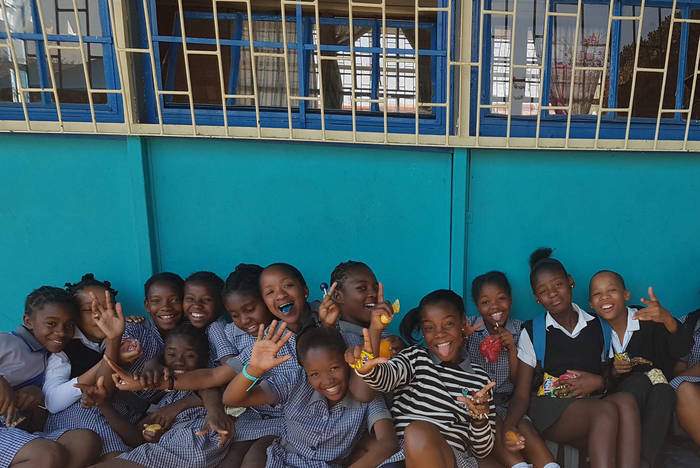
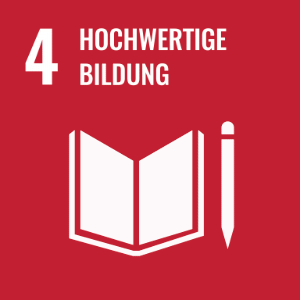
Namibia | Teach
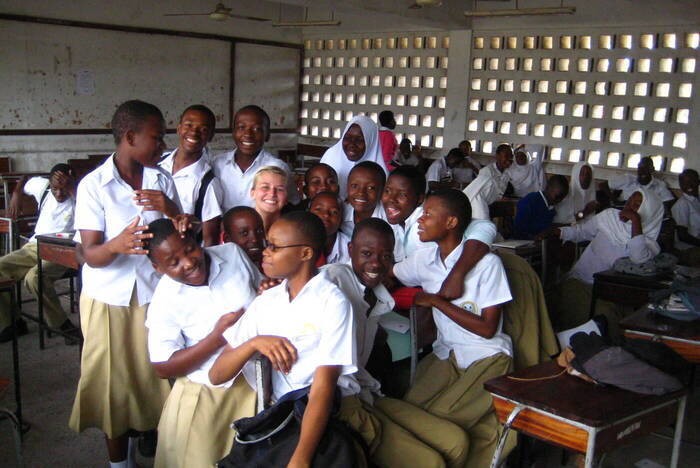

Tanzania & Zanzibar | Teach
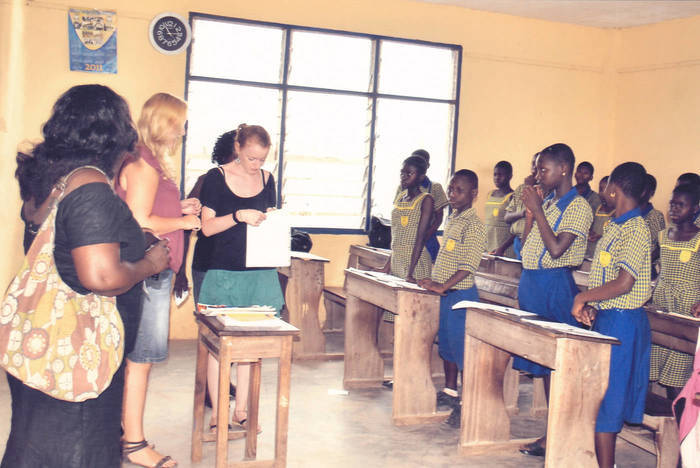

Ghana | Teach
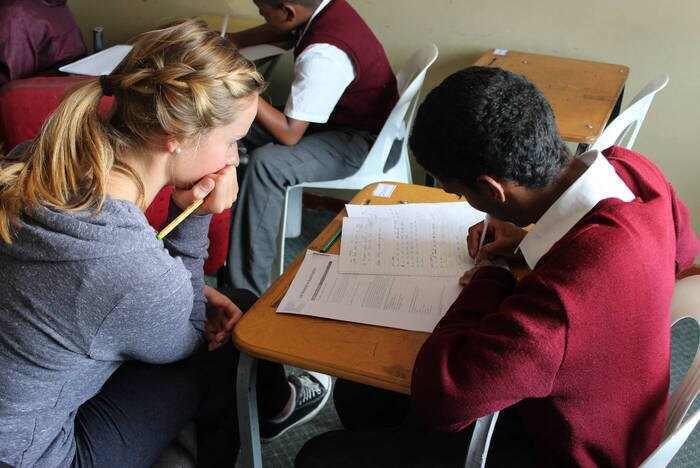

South Africa | Teach

